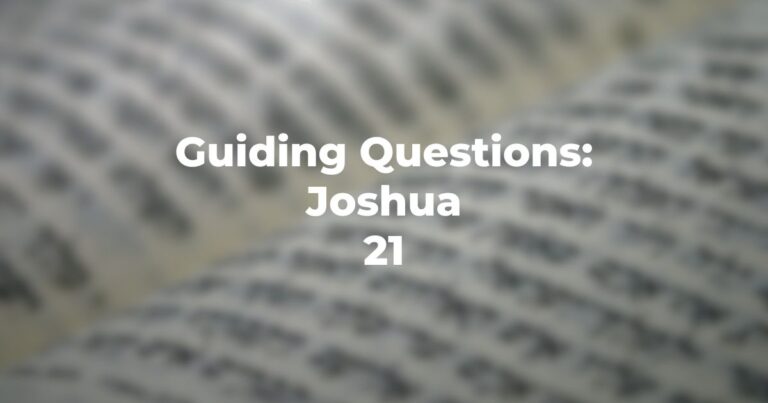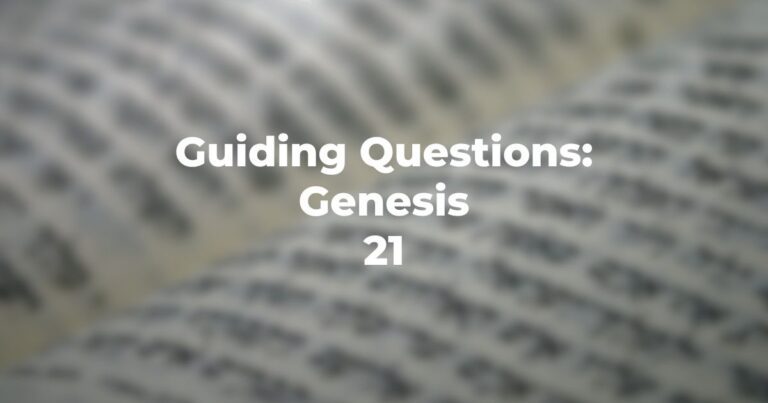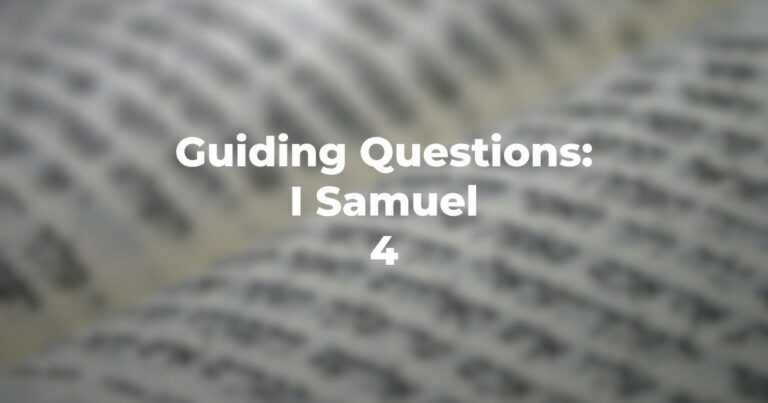- What does Kohelet choose as his next area of investigation in his search for a reasonable lifestyle (Ecclesiastes 2:1)?
- Does he find the pursuit of merriment and pleasure wrong or immoral or simply useless (Ecclesiastes 2:2)?
- What aspects of pleasure does Kohelet try out in the investigation (Ecclesiastes 2:4-8)?
- What good thing does he discover in this materialistic or self-indulgent lifestyle and what does he conclude about it for the long range (Ecclesiastes 2:9-11?)
- After spending so much time in materialistic pleasures, what does Kohelet now learn about wisdom (Ecclesiastes 2:12-13)? How do Ecclesiastes 2:13-14 compare with Ecclesiastes 7:17?
- To what does he refer in Ecclesiastes 2:14-15 when he declares that “one event happens to them all”?
- What is his major complaint in Ecclesiastes 2:4? How does this compare with the other Biblical authors such as those who wrote Psalms 112:6 or Proverbs 10:77?
- What exactly seems to be driving Kohelet into despair over life (Ecclesiastes 2:17-20)? Is his despair over wisdom or pleasure or the effort made to acquire them, or all of these, or something else?
- What recommendation does he offer at this point to the human quest for happiness (Ecclesiastes 2:24-25)? Compare his conclusion in Ecclesiastes 2:24 with Isaiah’s conclusions in Isaiah 22:13.
- Against what popular pious statement does Kohelet apparently direct his characteristic critique: “Thisalso is vanity and a striving after wind” (Ecclesiastes 2:26)?
Author
-

Exploring Judaism is the digital home for Conservative/Masorti Judaism, embracing the beauty and complexity of Judaism, and our personal search for meaning, learning, and connecting. Our goal is to create content based on three core framing: Meaning-Making (Why?), Practical Living (How?), and Explainers (What?).
View all posts





